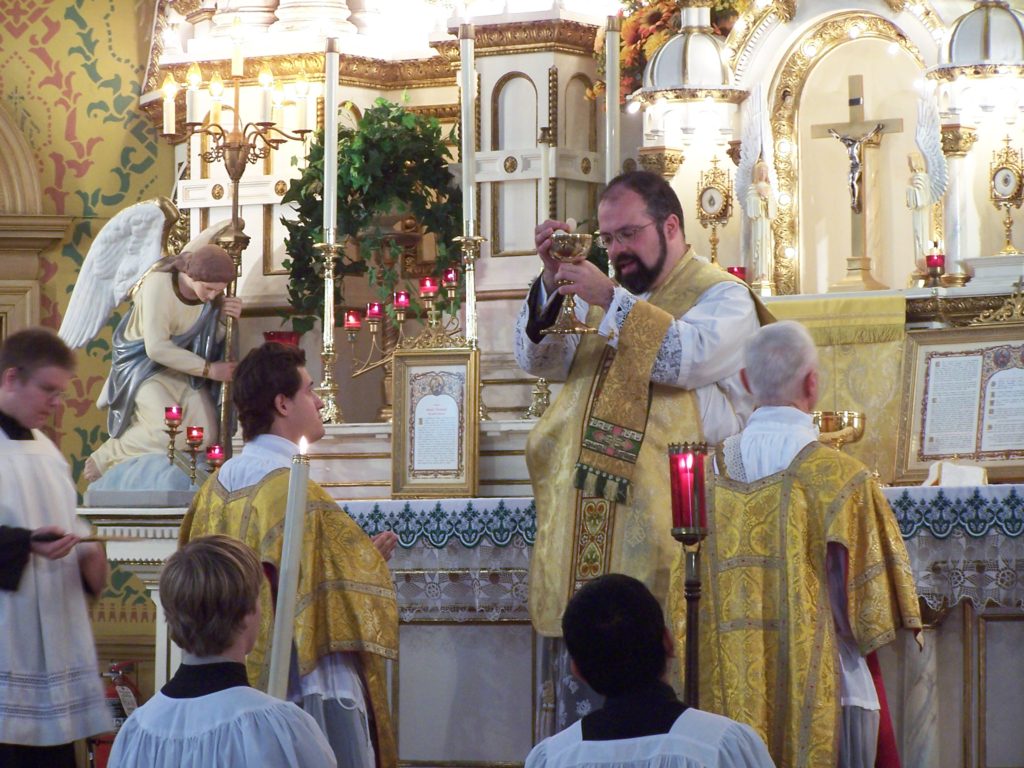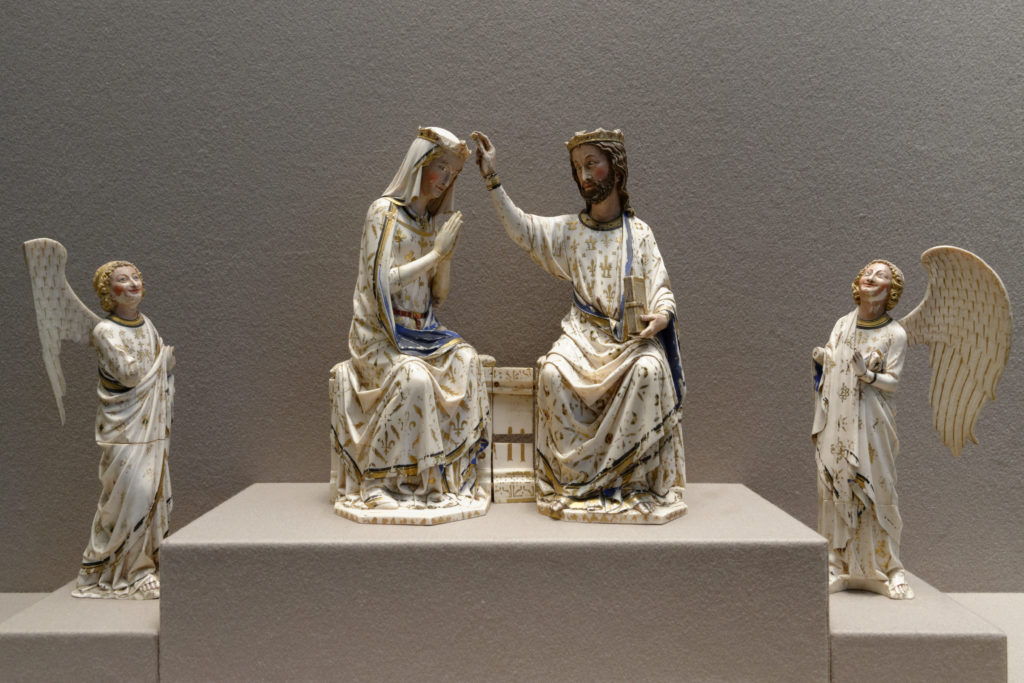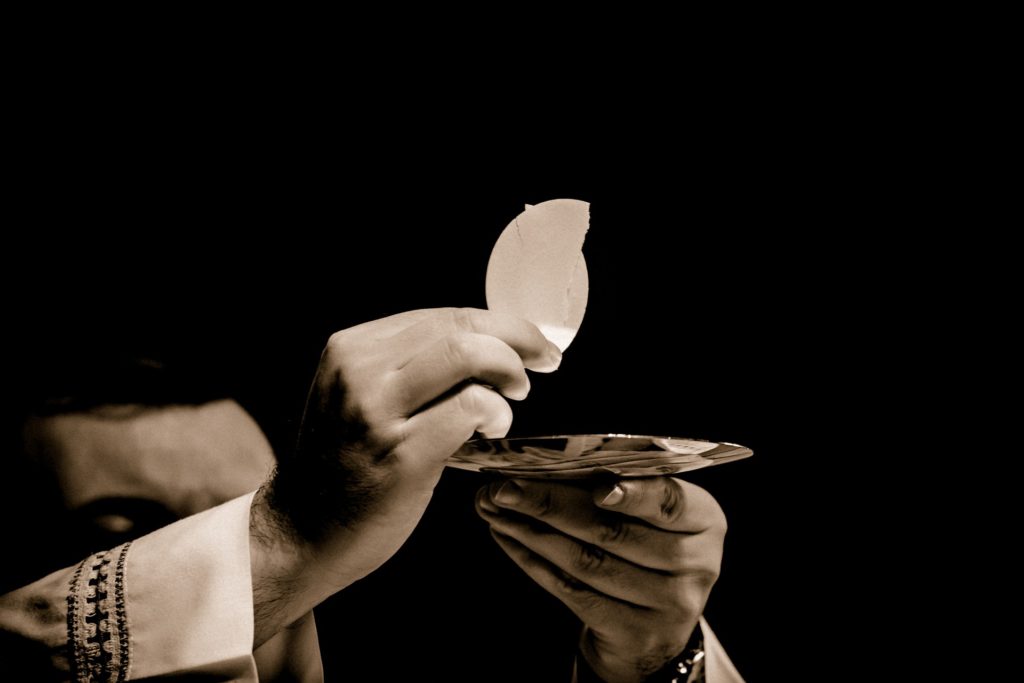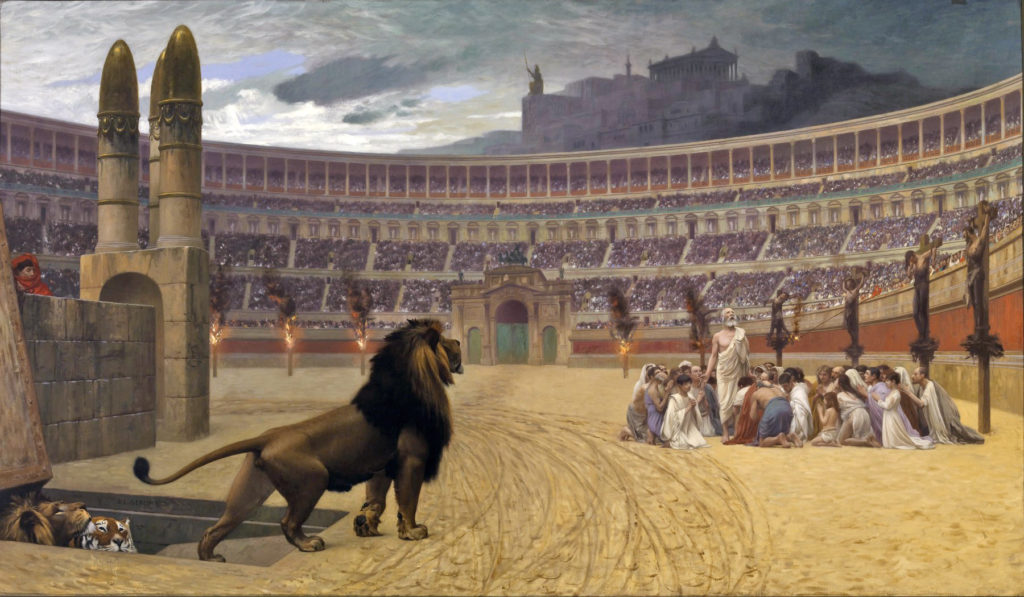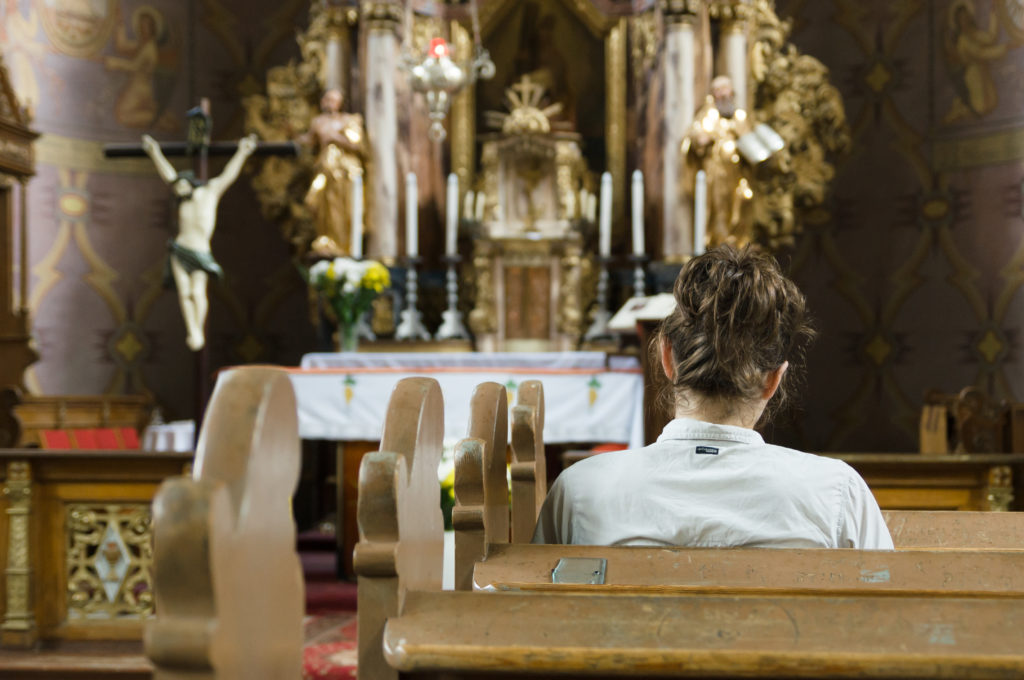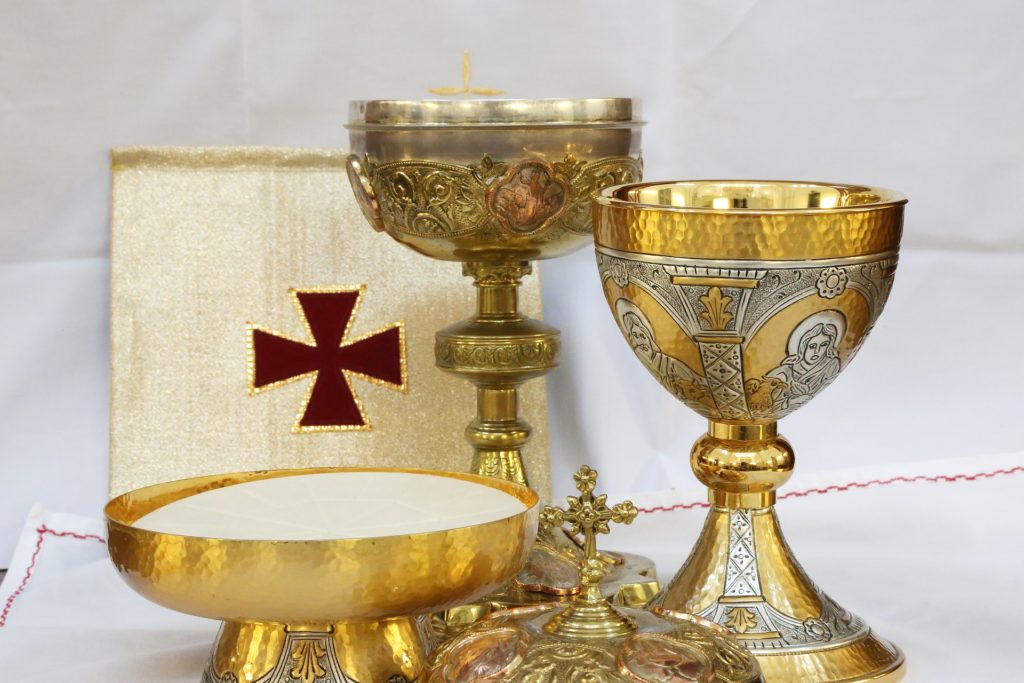The Importance of Spiritual Health
There are many different dimensions to every human being. The most obvious is our physical dimension. This is seen by how healthy we are and whether our organs are functioning normally. There’s our cognitive state — how well our brain accepts and processes information. We have an emotional side — the way we cope with […]
The Importance of Spiritual Health Read More »


